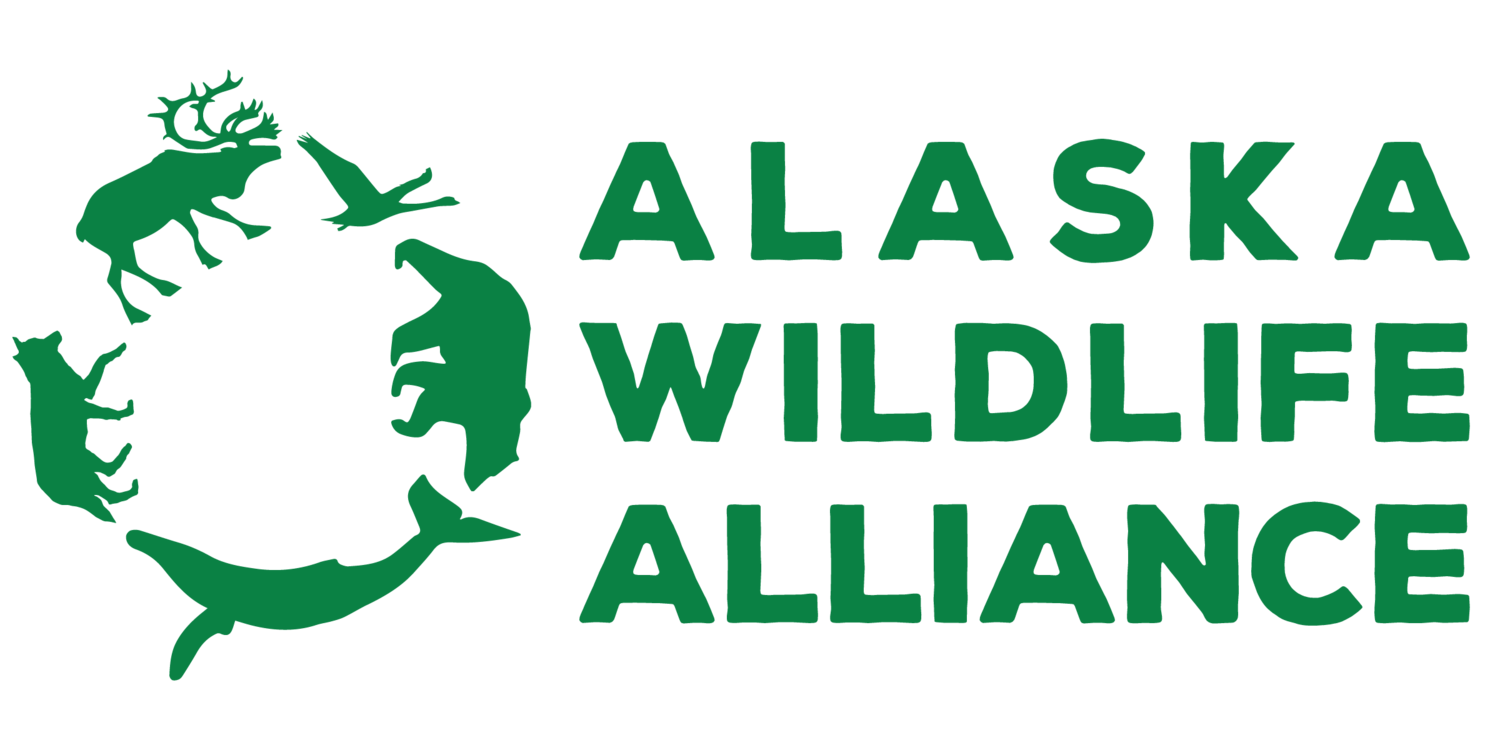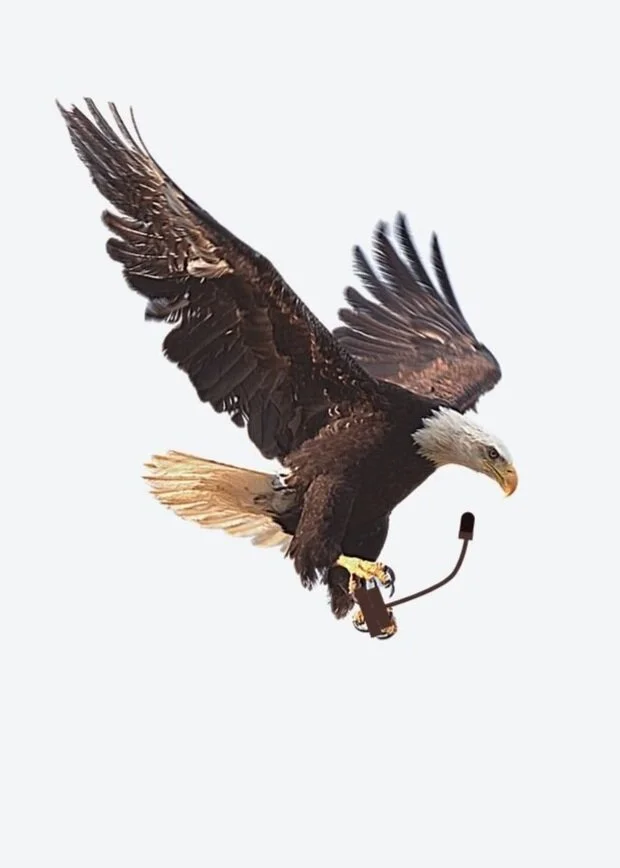In the article, Becker and Herreman (2021) critique the approach of Schmidt et al. (2019), which integrates local minimum counts with landscape‐scale conventional distance sampling (CDS) surveys.
We're hiring!
Effects of a Warming Climate on Caribou, Moose and Sitka Black-tailed Deer on the Kenai Peninsula and Prince William Sound
Climate envelope models suggest in the near term caribou will likely decrease due to afforestation of alpine tundra; moose will likely increase due to continued colonization of Prince William Sound, afforestation of the Kenai Lowlands and alpine tundra, and increasing fires on the western peninsula; and Sitka deer will likely increase due to colonization of the eastern peninsula.
Winter newsletter: Victories!
Hometown Hero - Teresa Becher
Volunteers needed in Anchorage!
VICTORY! Court upholds prohibition of brown bear baiting in the Kenai Refuge
“We believe that the Fish and Wildlife Service is obligated to protect Kenai brown bears on the refuge and this opinion recognizes the agency’s authority to do just that,” said Nicole Schmitt, executive director of the Alaska Wildlife Alliance. “At a time when so many of Alaska’s wildlife protections are being rolled back, this ruling comes as a sigh of relief for all those who enjoy the Refuge and its wildlife.”
Exotic Species as Evolutionary Potential (whether you like it or not) in a Rapidly Warming World
VIDEO: Training on how to use your voice for wildlife
VIDEO: Kenai River beluga monitoring site
September 2020 Newsletter
Stay informed! We just sent our newsletter with the latest on AWA's actions to protect wildlife. Learn how to become a citizen scientist to protect endangered beluga whales, join our petition to close the lynx trapping season in Chugach State Park, support our efforts to save the last Alexander Archipelago wolves on Prince of Wales Island, and more. Sign up for e-newsletters at the bottom of this page to be the first to know!
The Ecological Effects of a Rapidly Warming Climate Case Study: Kenai Wilderness
Meet our new Communications Intern
Why the U.S. government is allowing bears, wolves to be hunted in their dens
Hijacked
In the media: Kenai Conversation on Refuge Regulation Changes
AWA Member in Action: "New Trump wildlife rule will hurt Alaska tourism"
“There is nothing courageous or sporting about these methods, nothing even closely resembling fair chase. These methods are not the Alaska way. And we’ve said as much: A 2018 opinion poll showed that an overwhelming majority of Alaskans support existing wildlife protection and public safety policies on Alaska refuges and preserves.”


























